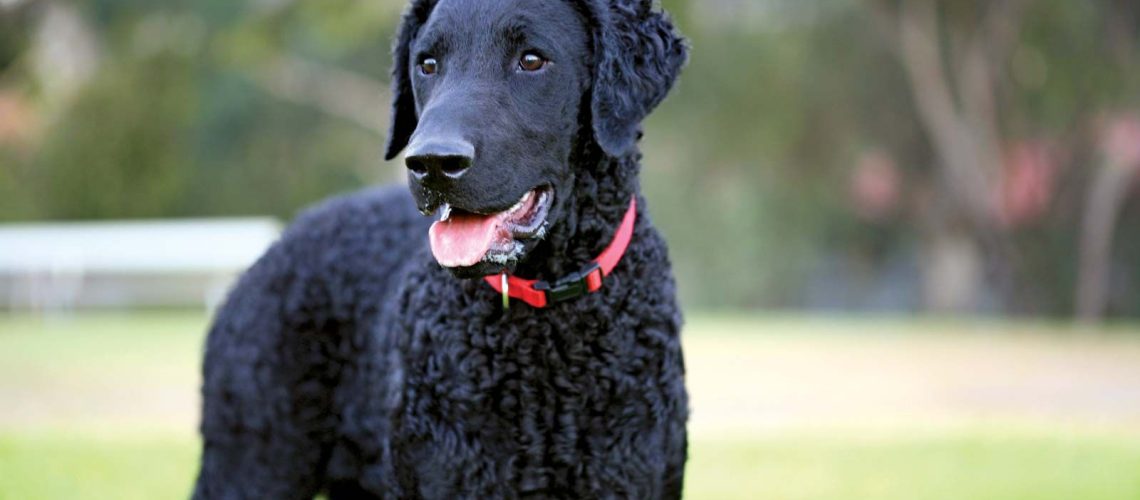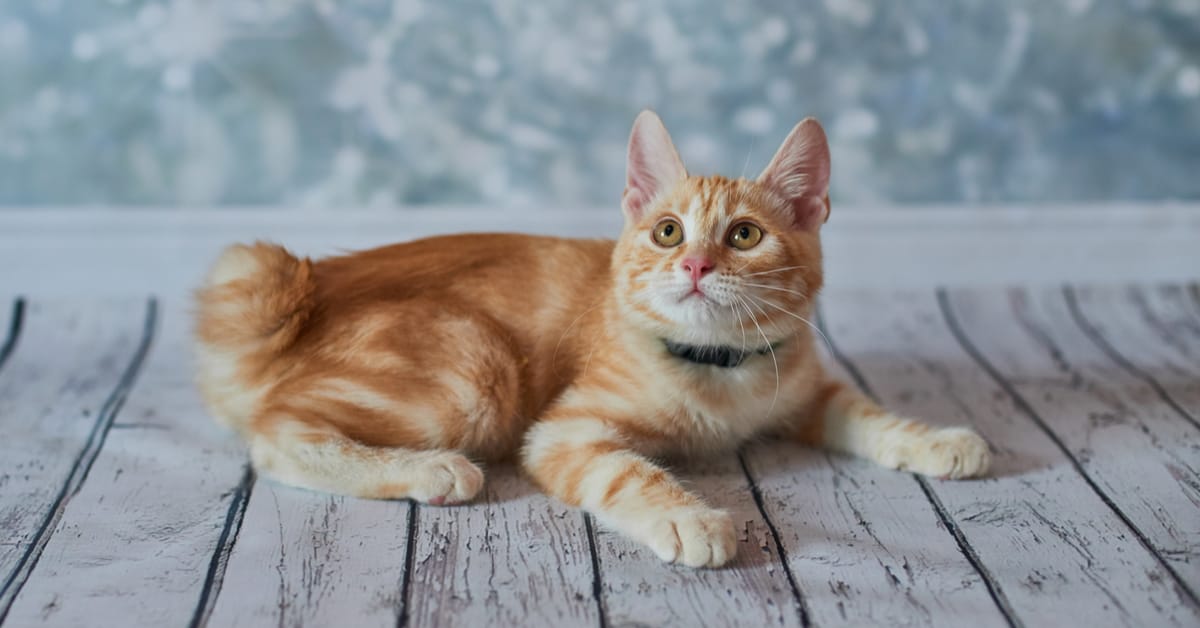Key Takeaways:
- Curly-Coated Retrievers are a rare breed known for their curly, water-resistant coats, which require regular grooming to prevent matting and maintain their unique texture.
- They are intelligent and independent dogs that may be more challenging to train compared to other retriever breeds. Consistent and positive reinforcement methods work best with them.
- Curly-Coated Retrievers have a friendly and affectionate nature, making them great family pets. They are generally good with children and get along well with other dogs if properly socialized from an early age.
- Regular exercise is crucial for Curly-Coated Retrievers to keep them physically and mentally stimulated. They enjoy activities like swimming, retrieving games, and long walks or runs.
- Health issues that can affect Curly-Coated Retrievers include hip dysplasia, epilepsy, eye problems, and certain types of cancer. Regular veterinary check-ups and a balanced diet are essential for their overall well-being.
Are you a dog lover? Do you find yourself fascinated by different dog breeds and their unique characteristics? If so, then get ready to embark on an exciting journey into the world of the Curly-Coated Retriever, also known as Curly. This captivating breed is not only visually stunning with its curly coat, but it also possesses a range of remarkable qualities that make it stand out from other dogs. By understanding the characteristics and care needed for this breed, you will not only gain knowledge about an incredible canine companion but also learn valuable insights into responsible pet ownership. So, let's dive in and explore the wonderful world of Curly!
Unique Physical Characteristics of the Curly-Coated Retriever
The Curly-Coated Retriever is a large and athletic dog breed with unique physical characteristics that set it apart from other retrievers. One of its most distinctive features is its curly coat, which gives the breed its name. The curls in their coat are tight and dense, providing protection against harsh weather conditions such as rain, snow, and cold temperatures. This makes them excellent working dogs for retrieving game in various terrains.
In addition to their curly coat, these retrievers have a strong and muscular body built for endurance. They have a deep chest and powerful legs, allowing them to swim long distances and retrieve objects from water effortlessly. Their webbed feet also aid in swimming by providing better propulsion and stability in the water.
Coat Colors:
- Black
- Liver
Coat Texture:
Their curly coat is made up of tight curls that cover their entire body except for the face and ears. The texture of their fur is coarse and resilient, providing protection against thorns, branches, and other potential hazards they may encounter during outdoor activities.
How a Curly's Curly Coat Protects It in Different Weather
The unique curly coat of a Curly-Coated Retriever serves as an excellent protective layer in different weather conditions. When it rains or snows, the tight curls act as a natural barrier by repelling water and preventing it from reaching their skin. This helps keep them dry even in wet environments.
In cold weather, the dense curls provide insulation by trapping warm air close to their body. This helps them retain heat and stay warm when temperatures drop. The thick coat also acts as a shield against wind, reducing the chill factor and keeping them comfortable in windy conditions.
On the other hand, during hot weather, the curly coat helps regulate body temperature by allowing airflow between the curls. This prevents overheating and allows the dog to stay cool even in warmer climates. The curly coat also provides protection against sunburn by blocking harmful UV rays from reaching their skin.
Personality Traits of the Curly-Coated Retriever
The Curly-Coated Retriever is known for its friendly and confident personality. They are intelligent dogs with a strong desire to please their owners, making them highly trainable. These retrievers are loyal and devoted companions, forming strong bonds with their families.
Despite their size and strength, Curlies have a gentle nature and are great with children. They are patient and tolerant, making them suitable for households with kids of all ages. Their playful disposition makes them excellent playmates for active children.
While they can be reserved around strangers, Curlies are not aggressive dogs. They may initially be cautious but warm up quickly once they feel comfortable. They have a protective instinct towards their family members, which makes them good watchdogs without being overly aggressive.
Exercise Needs of a Curly-Coated Retriever
The Curly-Coated Retriever is an energetic breed that requires regular exercise to keep both their body and mind stimulated. Daily exercise helps prevent boredom and destructive behavior in these intelligent dogs.
A minimum of 60 minutes of physical activity per day is recommended for Curlies. This can include brisk walks, jogging, swimming sessions, or playing fetch in a securely enclosed area. Engaging in activities that challenge their problem-solving skills such as puzzle toys or obedience training exercises can also help meet their mental stimulation needs.
It's important to note that the exercise requirements may vary based on the individual dog's age, health, and energy levels. Consulting with a veterinarian or a professional dog trainer can help determine the appropriate exercise routine for your Curly-Coated Retriever.
Are Curlies Good with Children and Other Pets?
Curlies have a friendly and gentle nature, which makes them great companions for children. They are patient and tolerant, often enjoying the company of kids of all ages. However, it is important to supervise interactions between dogs and children to ensure safety and teach both parties appropriate behavior.
When properly socialized from a young age, Curly-Coated Retrievers can get along well with other pets in the household. They have a moderate prey drive but can coexist peacefully with cats or other small animals if introduced gradually and under supervision. Early socialization and training play crucial roles in shaping their behavior towards other animals.
Grooming Routine for a Curly-Coated Retriever's Coat
The curly coat of a Curly-Coated Retriever requires regular grooming to keep it healthy and free from mats or tangles. Despite its dense appearance, their coat is relatively low maintenance compared to other long-haired breeds.
Brushing their coat once or twice a week using a slicker brush or comb helps remove loose hairs, prevent matting, and maintain the curls' shape. Regular brushing also stimulates blood circulation in their skin, promoting overall coat health.
Bathing should be done as needed using a mild dog shampoo specifically formulated for curly coats. It is important to thoroughly rinse out all shampoo residue to avoid skin irritation. After bathing, gently towel dry their coat or use a blow dryer on low heat to prevent moisture from getting trapped within the curls.
Basic Training Techniques for a Curly-Coated Retriever
The Curly-Coated Retriever is an intelligent and eager-to-please breed, making them highly trainable. Here are some basic training techniques that can be effective with Curlies:
Positive Reinforcement:
Using positive reinforcement techniques such as treats, praise, and rewards helps motivate and encourage desired behaviors. Rewarding good behavior reinforces the idea that they are doing something right and increases the likelihood of them repeating it.
Consistency:
Consistency is key when training a Curly-Coated Retriever. Using consistent commands, routines, and expectations helps them understand what is expected of them. This consistency creates a clear structure for the dog to follow, leading to successful training outcomes.
Socialization:
Early socialization is crucial for Curlies to develop good manners and appropriate behavior around people and other animals. Exposing them to various environments, sounds, sights, and experiences from a young age helps them become well-rounded dogs.
Obedience Training:
Obedience training teaches basic commands such as sit, stay, come, and heel. These commands provide essential control over your dog's behavior in different situations. Consistent practice in short sessions throughout the day can help reinforce these commands.
Remember that each dog is unique, so it's important to adapt training techniques based on their individual personality and learning style. Patience, positive reinforcement, and consistency are key elements in successfully training a Curly-Coated Retriever.
In conclusion, the Curly-Coated Retriever is a friendly and intelligent dog breed with a unique curly coat. They require regular exercise, grooming, and proper training to thrive as a pet.
Do curly coated retrievers bark a lot?
The curly-coated retriever does not bark excessively and rarely drools. However, it is important to note that this breed is not hypoallergenic due to its shedding, especially during certain seasons.
Are curly coated retrievers good family dogs?
Curly-coated retrievers are calm and loving dogs that are great with kids and prefer to be with their human family instead of being left alone outside. They are very energetic, though, and may be too playful for very young children.
Do curly coated retrievers shed a lot?
Curly-haired dogs require minimal grooming, but they do shed. Light brushing can be done to manage hair fall. Male dogs shed a portion of their coat once a year, while female dogs shed twice a year.
Are curly coated retrievers good for first time owners?
Therefore, they are not recommended for individuals who are first-time dog owners. Curly-coated retrievers tend to get bored easily and need a substantial amount of physical activity, so they will be most content with owners who lead active lifestyles and can spend the entire day with them. They have a tendency to chew and may exhibit destructive behavior if they do not receive enough mental stimulation.
Are curly coated retrievers cuddly?
"They show love and affection towards their family members, but they are not as extroverted or dependent as golden or Labrador retrievers." (Date: Nov 30, 2021)
Do dogs with curly fur shed less?
Dogs that have wavy or curly hair typically have dense curls that are often close to their body. While these types of dogs shed less than other breeds, they still need regular care and attention to keep their coat and skin healthy.

















